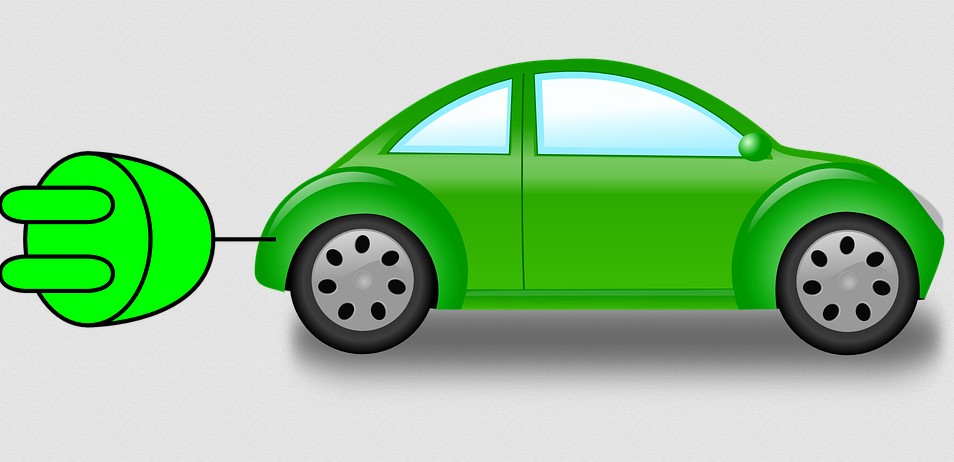 By B.N. Frank
By B.N. Frank
Electric vehicles (EVs) have been associated with high costs (see 1, 2, 3), fires (see 1, 2, 3, 4, 5, 6, 7, 8, 9), and other significant issues. Problems with EV charging stations have been reported too (see 1, 2). In China, the government recently closed numerous EV charging stations to conserve power during a historic heat wave. Of course, this presents a different kind of EV charging problem.
From Jalopnik:
China Shuts Down EV Charging Stations to Conserve Power During Heat Wave
Tesla Supercharger stations and Nio battery exchange depots are being suspended as Sichuan province struggles with unprecedented high temperatures.
China’s power grid is still under duress amidst the worst heatwave the country has seen in half a century. Now, electric carmakers Tesla and Nio are shutting down some of their charging stations in Sichuan province to save energy and help keep the lights on in Chinese homes, Bloomberg reports.
Owners of EVs from Tesla and Nio report that they first learned about certain charging stations in the city of Chengdu going offline through charger-locating apps. Charging is being suspended as far away as Chongqing, a city just under 200 miles east of the Sichuan capitol.
Sichuan’s power production has plummeted during the heatwave. The province relies on hydroelectric dams, but rivers in the region are at dangerously low water levels. The reduced hydropower output prompted city officials to shut down factories making microchips and those that process lithium for EV batteries, too.
The factory closures are likely to affect vehicle production throughout China. Automakers responded to the factory shutdowns by asking the government to intervene, and funnel remaining power production to factories producing automotive components.
But the historic heatwave and subsequent drought are not just affecting EV production; they’re now impacting EV ownership as well. Tesla has restricted or suspended charging altogether at over a dozen Supercharger stations in Chengdu and Chongqing. Local reports say just two Tesla stations are left operational, and since August 17th they’ve only been running at night.
Nio says “severe overload on the grid” has forced the company to temporarily suspend stations where owners can swap their car’s empty battery pack for a full one. There’s just not enough power to recharge the depleted batteries.
Off-Grid Survival Toolkit (Ad)
The exchange method is sound as far as ease-of-use and charging speed go, but what can owners do when there’s no power at all? Since Nio’s battery-swap stations are closed for the time being, the company is asking owners in Sichuan to share their home charging stations with owners who don’t have one for the next month, from August 20 through September 20.
Bloomberg reports some Nio owners are helping fellow owners by swapping nearly-dead batteries at Nio exchange stations with their own fully-charged batteries, which, presumably, have been recharged overnight at homes.
That cooperation is one bright spot in this otherwise bleak situation China is going through amid a brutal heatwave. The U.S. underwent a similar situation, with Tesla asking owners in Texas to avoid charging during peak daytime hours. In Texas, this was a suggestion from Tesla; in China, the charger shutdowns are government mandated.
In the U.S., experts have warned that EV mandates actually threaten the electric grid and will increase (not decrease) the need for fossil fuels. Additionally, U.S. grid operators have warned of the potential for blackouts if the switch to renewable energy isn’t slowed down. Earlier this year, EV fire issues led to a U.S. investigation and numerous recalls. Health and environmental risks have been reported about EVs too (see 1, 2, 3, 4, 5, 6). Got pets? Radiation exposure from EVs (and other common sources) can also affect them! Nevertheless, many U.S. legislators and government agencies continue to support a swift widespread adoption of both electric cars and trucks, hence the recently approved $7500 taxpayer subsidy for buyers. Unfortunately, historic heatwaves are also currently happening in the U.S. Only time will tell if that will cause our government to also shut down EV charging stations to conserve power.
Activist Post reports regularly about EVs and unsafe technology. For more information, visit our archives and the following websites:
- Wireless Information Network
- Electromagnetic Radiation Safety
- Environmental Health Trust
- Physicians for Safe Technology
Image: Pixabay
Become a Patron!
Or support us at SubscribeStar
Donate cryptocurrency HERE
Subscribe to Activist Post for truth, peace, and freedom news. Follow us on SoMee, Telegram, HIVE, Flote, Minds, MeWe, Twitter, Gab, What Really Happened and GETTR.
Provide, Protect and Profit from what’s coming! Get a free issue of Counter Markets today.

Be the first to comment on "EV Charging Stations Shut Down to Conserve Power in China"